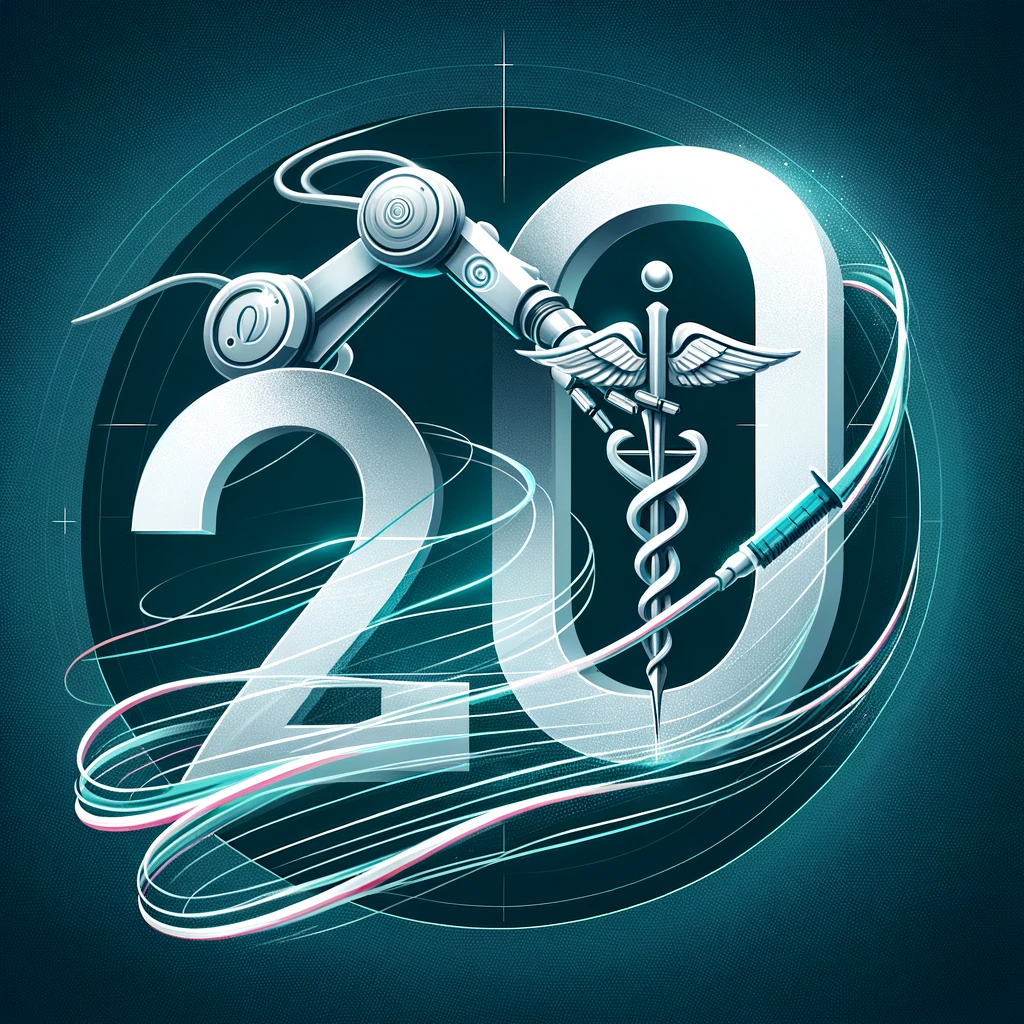
I am very analytic and came up with the PROGRESS method of planning for success.
PROGRESS- Mapping out a strategic journey from self-awareness to goal realization, considering both personal aspirations and practical limitations.
1. Perception: Reflecting on your current position and circumstances
2. Realities: Understanding the external environment and future forecasts
3. Objectives: Defining clear goals based on your abilities, dreams, and desires
4. Grounding: Adjusting these goals based on practicality and feasibility
5. Execution: Crafting a detailed plan to achieve these goals
6. Sacrifices: Acknowledging and accepting what you might need to give up to succeed
7. Self-Improvement: Emphasizing continuous personal growth throughout the journey.
This is how I am going to make PROGRESS with robotic surgery
1. Perception: Reflecting on my journey as a robotic surgeon, I am deeply grateful for the hard work and sacrifices of my parents, which allowed me to focus on my education. I value the engineering knowledge I gained at Cooper Union and the surgical skills, both open and laparoscopic, that I acquired at Indiana University.
2. Realities: I am keenly aware of the current landscape of robotic surgery. The single-port robot has been a game-changer in the past five years, though its adoption has been challenging for many. As a urologist, I am fortunate to have access to this technology, understanding its limitations and off-label status for other specialties. Staying ahead through continuous learning, adaptation, and team building is crucial in this competitive field.
3. Objectives: My goal is to further excel in robotic surgery, mastering the single-port robot, and developing new minimally invasive techniques. I aspire to contribute to the field by establishing a training center for surgeons across various specialties, facilitating the adoption of more precise and less invasive surgical methods. Additionally, I aim to pioneer tele-robotic mentoring and surgery with global teams.
4. Grounding: I am evaluating these objectives against the current state of medical technology and my skills. My experience with single-port surgery over the last three years is foundational, but I recognize the need to wait for secure and widespread 5G technology to advance in tele-robotic surgery.
5. Execution: I am planning a detailed approach to achieve these objectives. With regular access to the single-port robot at my main hospital starting December 11, 2023, I will engage in cadaver training to develop new surgical techniques and collaborate with international peers. I am committed to learning from webinars and videos, constantly innovating within my specialty.
6. Sacrifices: I understand that reaching these goals will require personal and professional sacrifices, including long hours, ongoing education, and practice. This commitment will inevitably impact my time with family and personal interests.
7. Self-Improvement: I emphasize the importance of continuous growth and learning in my field. Keeping abreast of the latest advancements in robotic surgery, attending workshops, mentoring others, and utilizing the Intuitive hub to analyze my progress are integral parts of my journey.